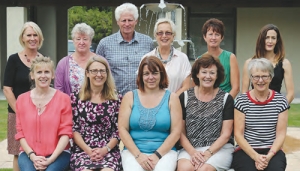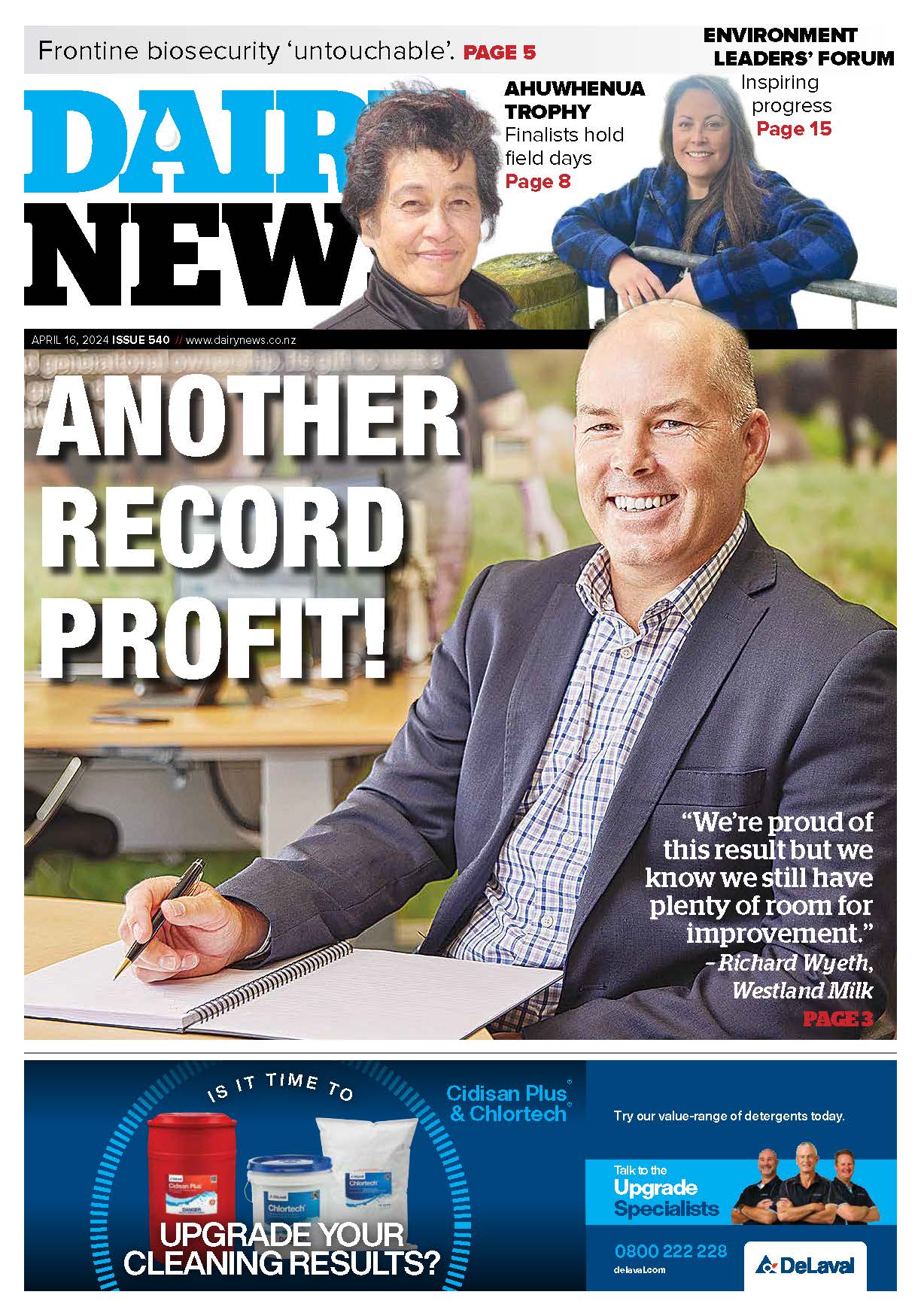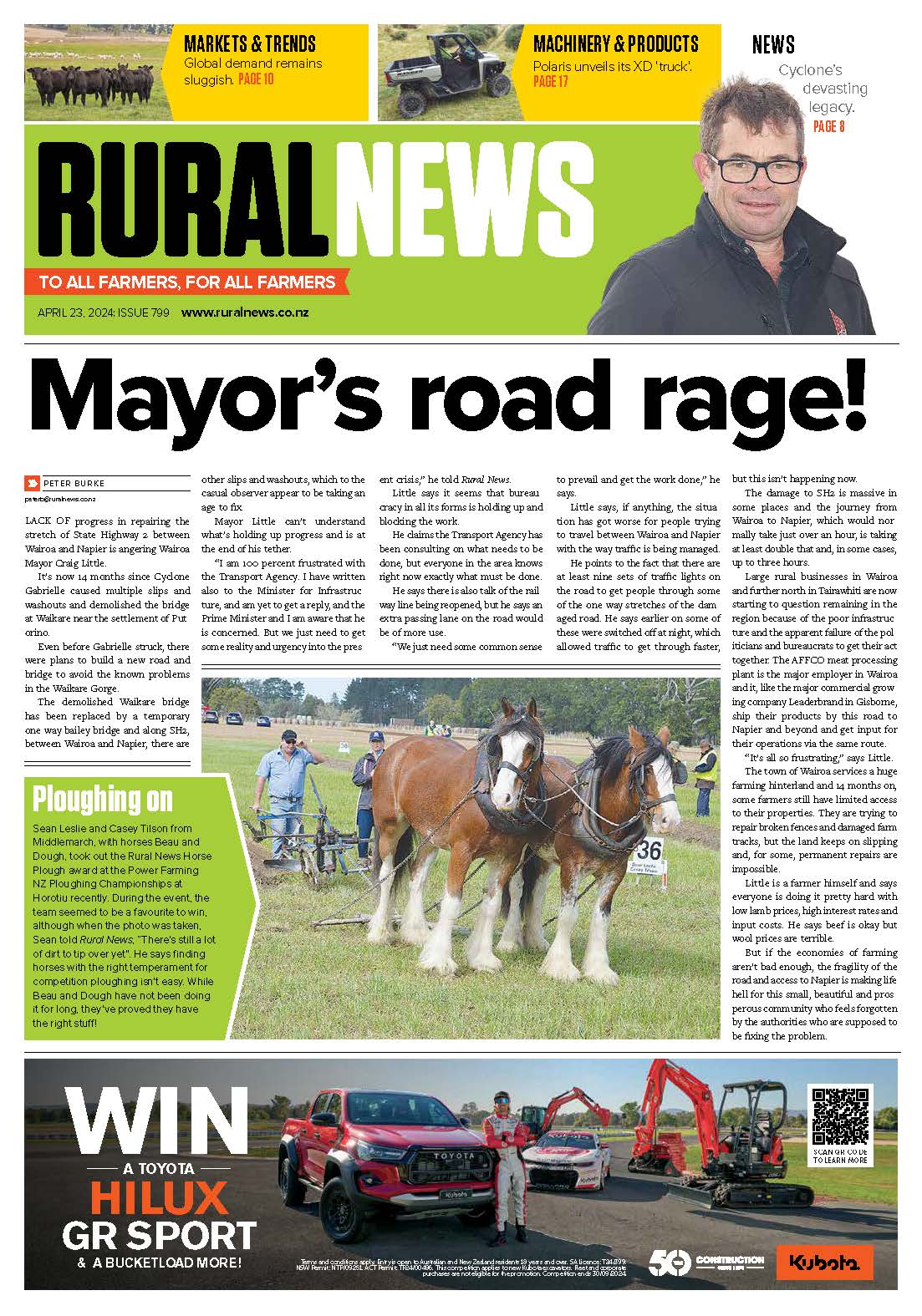In fact the audit should be viewed as an integral part of business practice, one that can help you grow and become better at what you do.
That is the view of the auditors involved and a number of members, who have found the audit process has encouraged them to create better systems that have benefitted the business overall.
Sustainable Winegrowing's lead auditor Marg Elliott, has been involved in the programme since 1998, and says it is not a difficult one and shouldn't be viewed as such.
"The basis of it is hinged around good manufacturing practices. If they are running their business in a business-like way, then the audit should be seen as a confirmation that they are doing things right."
Yoke Miller, another of the auditors agrees saying there is nothing draconian within the programme, and it certainly isn't a case of one strike and you are out.
"It is not a case of if you don't have something, then you don't pass sort of attitude," she says. "It's more us verifying that the member has done what they say they have done. It is also us trying to help them within the programme."
For Nick Entwistle, Wairau River's winery operations manager, the programme and inevitable audit should be seen as a positive for any business.
"It doesn't cost a huge amount of money, and while it does take some time, it is time well spent. If you get the systems in place, it becomes very, very easy. Plus with the benchmarking ability, it gives you a real picture of where you sit against other people, it gives opportunities for improvement. In the world of wine or in any business, if you are just resting on your laurels you can get left behind."
And that is the lynch-pin. Getting the systems in place. According to both Marg and Yoke, there are a few areas where many people, in both wineries and vineyards slip up.
The most common issue Marg says, is the lack of preparedness by the member in terms of having all the relevant paperwork on-hand.
"They are required to complete a scorecard which is like an internal audit of their own systems. That scorecard is the basis for the audit we do. So when they say yes to things in the scorecard, it means they need to have the paperwork to support that answer."
Which is quite often not the case. Some of that may come down to the fact the scorecard on its own requires just a yes or no answer to whether something has been done during the past year. That makes it easy for the person filling it out. But Marg says that same person needs to be able to substantiate their answer with the appropriate paper work. An example of this that frequently occurs with wineries, has to do with refrigeration engineers.
"We ask that the refrigeration engineer have specific credentials that they must supply to the winery when they are employed as a contractor. What has been happening though, is that (wineries) have been hiring them but not confirming their credentials for due diligence. So they happily tick in their scorecard that they have done it, but they actually can't supply those credentials."
Another area that tends to trip up wineries is the provision of accurate details of water in versus water out of the winery, she says.
"I often find wineries are not comparing their discharge with their legal allowance to discharge allocated by their regional council. It is one area they don't do too well on."
While having one person dealing with the Sustainable programme is ideal, Marg says issues tend to arise when that person moves on or is replaced, and there is no hand over.
"So we get a new winemaker and we are back to scratch, especially if the new winemaker has come from a different region."
Given resource consents differ from wine region to wine region a new winemaker may be operating on what they have known previously, rather than what is relevant in their new job.
In terms of vineyards, Yoke says preparedness is again the biggest issue she faces. Given an audit is only every three years, some growers don't even think about collecting and filing the paperwork until a few weeks before the audit takes place.
"So once they have seen us this year, they think; 'okay, I won't have another audit until 2019.' They are not in that mental process of thinking they will need such and such next year, so they put it aside. I suggest that no matter what year it is, they get into the habit of keeping everything in a file. Then next year add the new data to it. That way all the documents required for an audit are readily available."
If in doubt about what you need to keep, check the fact sheets and guidance on the scorecard questions. There is a paper clip next to every question you answer. Click on that, and it will provide all the relevant information and show you exactly what it is you have to provide to substantiate that 'Yes' answer. There is also an audit checklist on the New Zealand Wine website.
The other common issue that comes up with vineyard audits, is the Growsafe and Approved Handler certificate. These are valid for five years and often Yoke says they have lapsed prior to the audit taking place. Keeping a close eye on the validity dates of these ensures growers won't be held back from gaining a pass. Although as Yoke says, if there is anything further required by the auditors, the member will be given a corrective action and agree on a time for that to take place.
So as the audit season approaches, don't get worked up about it – get prepared. That's the final piece of advice from Nick.
"People need to take the time to sit down and look at the templates they need, so they can fill them in each month when the invoices arrive. And if they have any issues they should talk to their auditor beforehand, they are there to help. There is so much information on the Sustainability website that people don't seem to be using. They are trying to reinvent the wheel every three years, whereas if they check in advance, it is very simple. It doesn't need to be a difficult or un-nerving process."
SWNZ facts
- Currently there are six independent auditors nationwide working for the Sustainable Winegrowing programme
- Before you can be audited your scorecard must be completed for that season, you must have completed your spray diary and supplied to SWNZ and you have to have paid your membership fees
- There are 1775 grower members of SWNZ
- There are 282 wineries who are members of SWNZ
- The percentage of the New Zealand wine industry with Sustainable Winegrowing accreditation is 95%
- More information is available on the NZWine website www.nzwine.com










